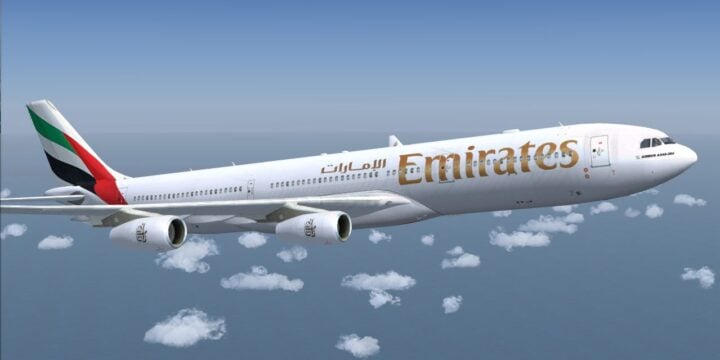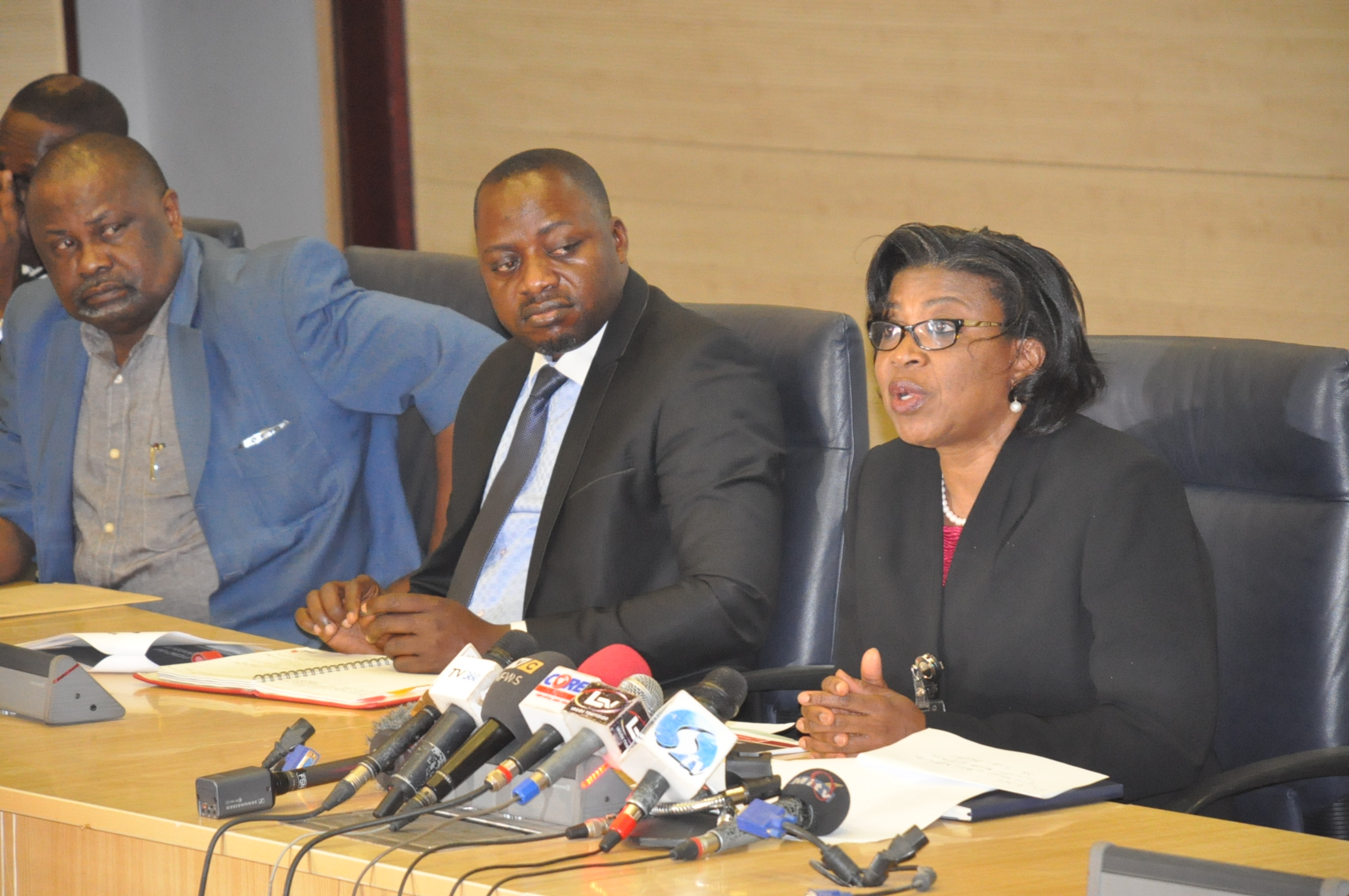Raphale Kuuchi, vice president of International Air Transport Association (IATA), says foreign airlines have $221 million trapped in Nigeria and $1.2 billion in Africa.
Speaking at an aviation meeting in Kigali, Rwanda, on Monday, Kuuchi said airlines were in talks with a few countries to unblock the funds.
The crash in the global prices of commodities had reduced government’s revenue in commodity-based economies and led to dollar shortages, putting local currencies under pressure.
This made it difficult for foreign airlines to repatriate their dollar profits in full.
Advertisement
In 2016, airlines like Emirates complained about the difficulty in repatriating foreign currency on naira-dominated tickets sold in the country.
“To do business effectively, airlines must be able to reliably repatriate their revenues. And that’s not the case in nine African countries: Angola, Algeria, Eritrea, Ethiopia, Libya, Mozambique, Nigeria, Sudan and Zimbabwe Adefunke Adeyemi, an IATA official told Reuters.
“Of the total of $1.2 billion, Angola has blocked the largest amount, $500 million, while Sudan has held up $200 million.
Advertisement
“Last year, Nigeria owed airliners $600 million but as of October the amount had fallen to $221 million.”
While delivering the keynote address for Alexandre de Juniac, IATA CEO, Kuuchi said Africa’s passenger demand will expand by 5.7% annually.
“Aviation currently supports 6.8 million jobs and contributes $72.5 billion in GDP to Africa. Over the next 20 years passenger demand is set to expand by an average of 5.7% annually,” he said.
“Africa also faces great challenges and many airlines struggle to break-even. And, as a whole, the African aviation industry will lose $1.50 for each passenger it carries.
Advertisement
“Governments should be aware that Africa is a high-cost place for aviation. Taxes, fuel and infrastructure charges are higher than the global average. Additionally, insufficient safety oversight, failure to follow global standards, and restrictive air service agreements all add to the burden that stands in the way of aviation’s economic and social benefits.
“Safety in Africa has improved. In 2016 there were no passenger fatalities or jet hull losses in sub-Saharan Africa. When turbo-prop operations are included, sub-Saharan Africa recorded 2.3 accidents per million flights against a global average of 1.6 accidents per million flights.”
Add a comment







